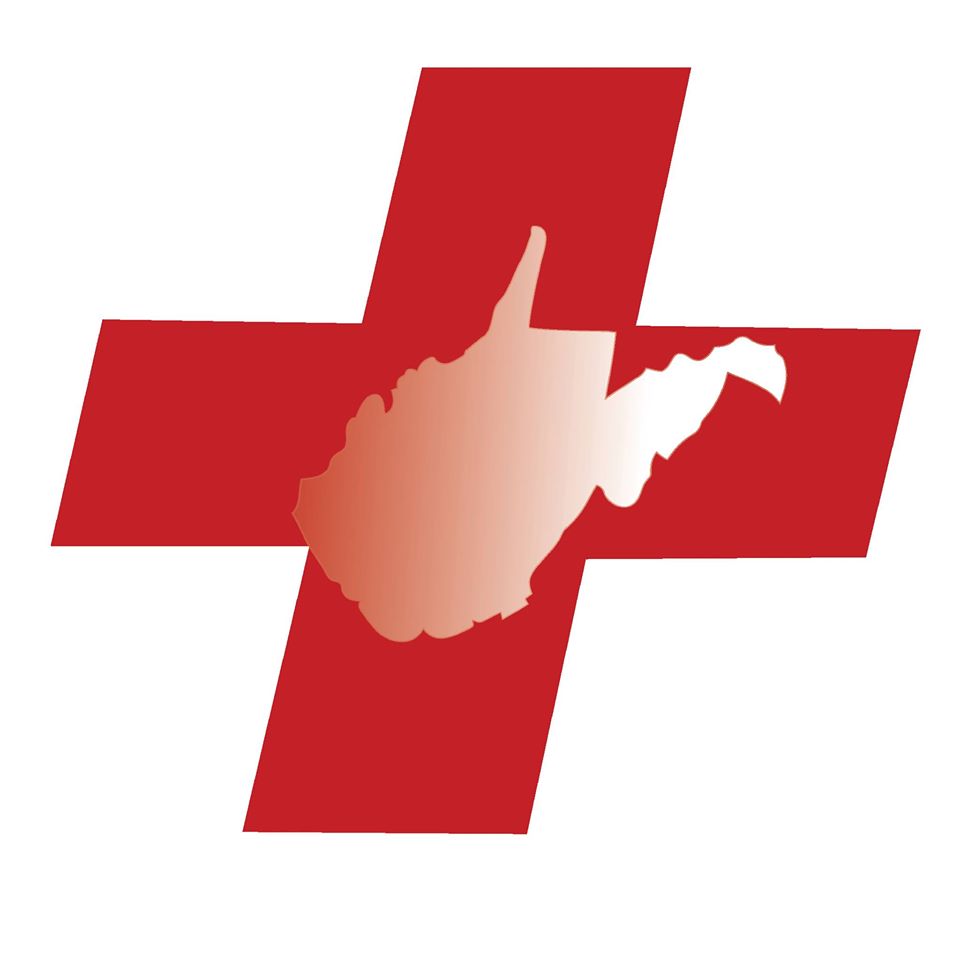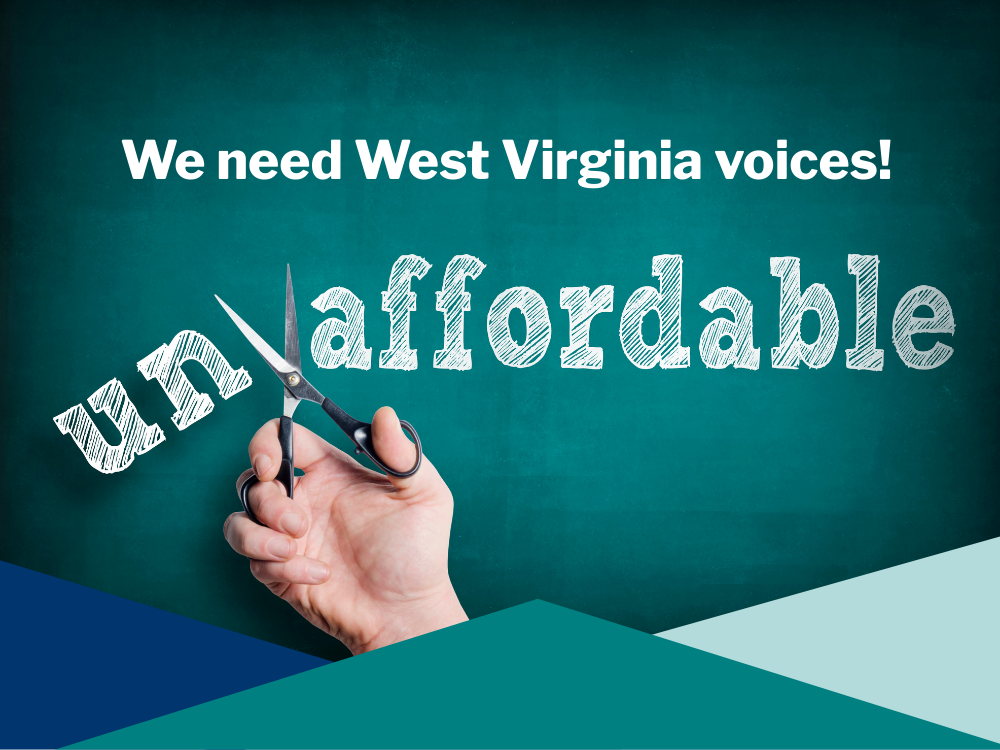- Like
- Digg
- Del
- Tumblr
- VKontakte
- Buffer
- Love This
- Odnoklassniki
- Meneame
- Blogger
- Amazon
- Yahoo Mail
- Gmail
- AOL
- Newsvine
- HackerNews
- Evernote
- MySpace
- Mail.ru
- Viadeo
- Line
- Comments
- Yummly
- SMS
- Viber
- Telegram
- Subscribe
- Skype
- Facebook Messenger
- Kakao
- LiveJournal
- Yammer
- Edgar
- Fintel
- Mix
- Instapaper
- Copy Link
By Kim Jones, Health Care for All WV Coordinator
It will come as no surprise that the Republican plan to address the debt ceiling will require the most vulnerable Americans to pay the price. Low-income families and people with barriers to care will suffer the most if their plan to slash programs that support American workers and that provide a safety net for our most vulnerable survives the Senate. In late April, the US House of Representatives narrowly passed a bill (the vote was 217 to 215, with every Democrat voting against it) to raise the debt limit in exchange for drastic cuts to vital social programs. The bill would also expand work requirements on the Supplemental Nutrition Assistance Program (SNAP) and allow states that have expanded Medicaid to put burdensome work requirements on Medicaid recipients.
Data shows that most people in states that expanded Medicaid who receive the Medicaid benefit through the Affordable Care Act already work or have significant barriers to work, like disabilities, family obligations and caregiving, or they are in school. In West Virginia and states with fewer jobs that provide a true living wage for the people, this proposal will have even more dire consequences. Most low-wage jobs do not offer affordable health benefits. In rural states with high numbers of people living under the poverty line, finding a job in their town can be extremely difficult. Consider those who don’t have transportation or access to wi-fi. Through no fault of their own, they are at the risk of losing their health coverage. Medicaid is a health program, not an employment program.
The U.S. Department of Health and Human Resources predicts that 21 million Americans will be at risk of losing their health coverage. In West Virginia it could be as many as 220,000 people who could lose their vital health coverage.
If you don’t think that is a disaster in the making, see what happened when Arkansas tried it. According to Kat Stoll, policy director for West Virginians for Affordable Health Care:
“In Arkansas, the only state to have implemented Medicaid work requirements, the results of work requirements were disastrous. Research led by Harvard T.H. Chan School of Public Health found that “…. implementation of the first-ever work requirements in Medicaid in 2018 was associated with significant losses in health insurance coverage in the initial 6 months of the policy but no significant change in employment. Even Medicaid enrollees who complied with the work requirements lost coverage due to paperwork requirements and other reporting burdens like having to submit pay stubs, timesheets or other documents every month, potentially from multiple employers.”
The cost of following Arkansas down this destructive path for the people of our state is unthinkable. West Virginia legislators have proposed Medicaid work requirement bills six times in recent years. We must not let federal or state work requirements endanger our already struggling families. The health of our most vulnerable neighbors should not be sacrificed to pay our national debts. When will we accept that having health coverage, affording life-saving medicines and treatments, and taking care of our mental and physical health should not only be available to people with higher incomes? We must make the health of Americans and West Virginians a priority! Our healthcare is not where our leaders should be cutting corners.



